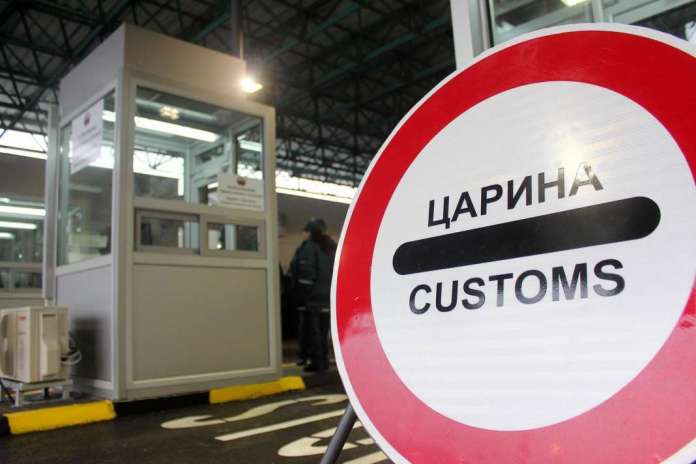European counter-cars will cost the US economy 22 billion euros

The measures, whose introduction was approved yesterday by EU member states in response to US customs duties on the import of steel and aluminum from the Union in the amount of 25 %, will cost the US economy an additional cost of about 22 billion euros.
According to MIA correspondent from Brussels, these measures envisage the introduction of tariffs in the amount of 10 to 25 percent for EU imports into a series of US products, including tobacco, motorcycles, poultry, steel and aluminum.
A smaller proportion of the European counter-cars will come into force on April 15, most of them start applying on May 16, and the remaining, including soy and nuts, will be valid from December 1.
Such a decision is based on the EU’s stance that its measures are trying to inflict minimal damage to the European economy, and to have maximum performance on the United States, providing the Union to maximally a possible strong position in negotiations with Washington to avoid a trade war.
The decision was made after US President Donald Trump rejected the EU proposal to abolish customs duties on all industrial goods traded by the Union and the United States, further insisting the bloc « buys more US liquid natural gas (LNG) ».
26 EU member states voted for the introduction of the counter-measures of US customs, and only Hungary was against. Adoption of the decision required a « qualified majority », ie support from at least 15 EU member states, which live over 65 % of the block’s total population.
The European Commission initially proposed counter-measures whose total value would cost the US economy 26 billion euros, but later revised the list of US goods that would be subject to new customs duties. Bourbon is among the « removed » goods, which is assessed as a retirement following Trump’s threat that it will introduce 200 % customs duties on EU alcoholic products if Brussels faints US whiskey.
According to EU data, US customs imports of EU goods reach about 370 billion euros, which is at about 70 % of total European exports to the United States.
As the EC spokesman for Economic Security, Trade, Financial Services and Customs Olof Gill announced on Monday, the Commission will also present a 25 % reaction to US customs duties on cars and so on. Reciprocal customs duties of 25 percent for the import of all EU goods.
Gil noted that after the announcement of the proposal, the EC would hold consultations with the member states and the European industry, after which it would propose the final measures that should be approved by the member states. According to EC sources, this whole procedure for adopting measures should end by mid -May.
– We do not want to go in that direction at all. We try to avoid customs duties. We have not created this situation and we are trying to fix it – Gil said, adding that the EU strategy remains unchanged and it wants to negotiate with the US side to avoid such a customs situation.
The European Union and its representatives have repeatedly indicated that they consider US customs customs unjustified and harmful and that they have inflicted economic damage on both sides, as well as the global economy.
« The EU has clearly announced that it is preferring negotiations with the United States, which would result in balanced and mutually useful solutions, » the European Commission said yesterday after adopting the counter measures.
Trump had earlier announced that Washington would suspend trade links with the EU if Brussels responded to his customs, which he claims were necessary to revive US production.
However, yesterday he suddenly decided to « pause » the introduction of some of the customs imports from goods from dozens of countries for a period of 90 days
« I approved a 90 -day break and significantly reduced the 10 percent reciprocal customs duties at that time, » Trump said, adding that this decision did not apply to China, which was also imported of additional customs.
European Commission President Ursula von der Leyen welcomed Trump’s decision this morning by describing her as « an important step towards stabilizing the global economy ».







